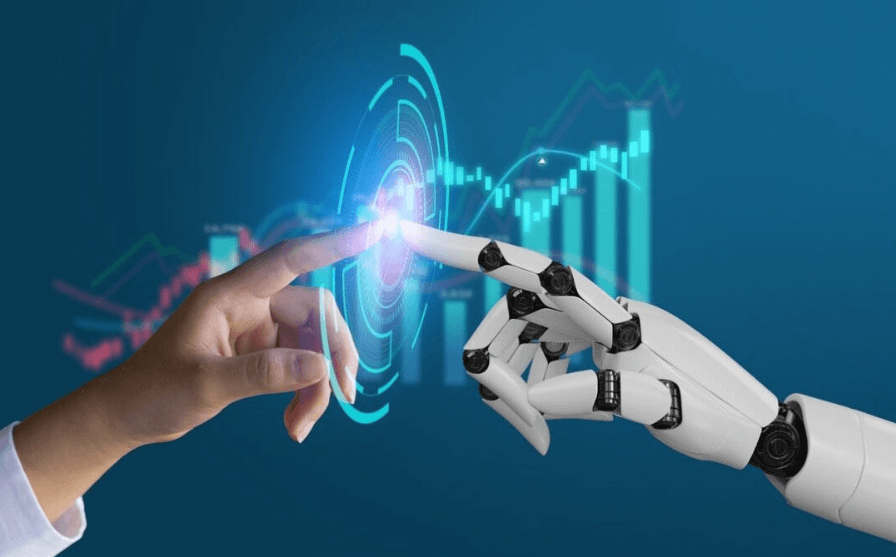The Future of Ai: How Technology Is Shaping Our World
The future of artificial intelligence stands to redefine numerous facets of our daily lives and professional landscapes, from healthcare to education and beyond. As we witness advancements in machine learning and natural language processing, the potential for enhanced decision-making and personalized experiences becomes increasingly evident. However, these innovations also raise pressing ethical questions about transparency, accountability, and equity in AI applications. Exploring these dynamics is essential as we consider not only the opportunities presented by AI but also the responsibilities that accompany such transformative technology. What implications might this duality hold for society at large?
Current Impact of AI
The current impact of AI is profoundly reshaping industries by enhancing operational efficiency, driving innovation, and transforming customer experiences.
Central to this evolution is AI accessibility, which democratizes technology, allowing broader participation across various sectors.
Coupled with AI education, individuals and organizations are empowered to harness these advancements, fostering a culture of continuous learning and adaptability in an increasingly complex digital landscape.
See also: The Ethics of Ai: Balancing Innovation With Responsibility
AI in Various Industries
As organizations across diverse sectors increasingly integrate AI technologies, they are not only streamlining operations but also unlocking new avenues for growth and innovation.
Healthcare advancements enhance patient outcomes, while manufacturing automation boosts efficiency.
Financial forecasting improves economic predictions, and educational tools personalize learning.
Additionally, agricultural innovations optimize yields, customer service experiences are enhanced, and transportation logistics achieve unprecedented precision in delivery.
Ethical Considerations of AI
Navigating the ethical landscape of artificial intelligence requires a nuanced understanding of its implications on privacy, accountability, and societal equity.
Effective bias mitigation strategies must be employed alongside robust accountability frameworks to ensure responsible AI deployment.
Additionally, transparency measures are critical in addressing privacy concerns, fostering trust among users, and promoting equitable outcomes. This, in turn, empowers society to navigate the complexities of AI technology responsibly.
Future Trends in AI
Emerging trends in artificial intelligence are poised to redefine industries and societal interactions, driven by advancements in machine learning, natural language processing, and autonomous systems.
The integration of predictive analytics will enhance decision-making processes, while fostering human-AI collaboration will empower individuals to leverage AI’s capabilities.
These developments promise to create innovative solutions that enhance efficiency and promote a more liberated, informed society.
Conclusion
The future of AI presents a dual narrative, where unprecedented innovation coexists with significant ethical dilemmas.
As technology enhances efficiency and transforms decision-making, the risk of exacerbating inequities and undermining accountability looms large.
Striking a balance between leveraging AI’s potential and addressing its ethical implications will be essential in shaping a future that benefits all.
Thus, the trajectory of AI hinges not only on technological advancements but also on the commitment to ethical stewardship and equitable outcomes in its deployment.




